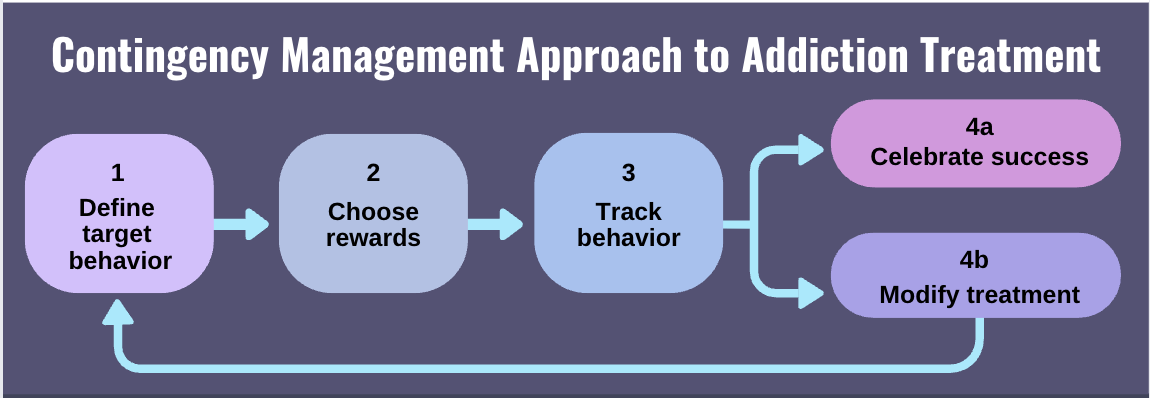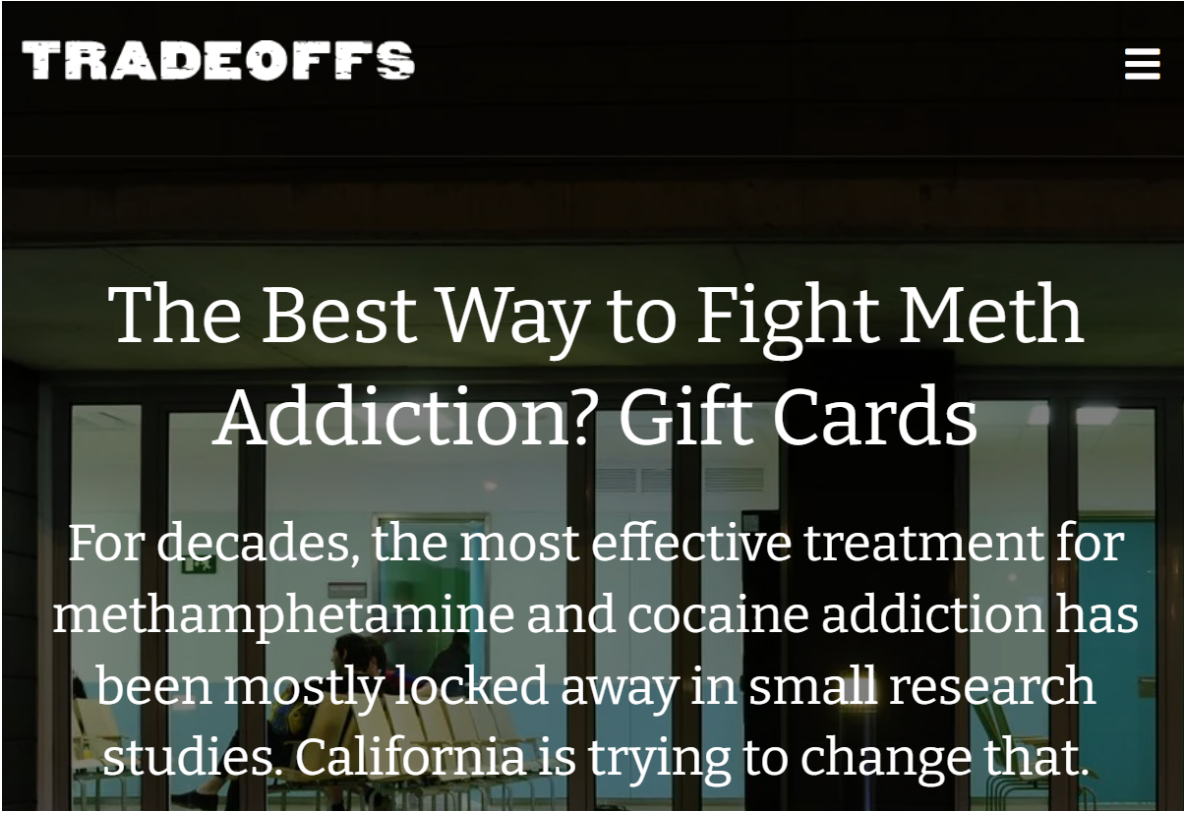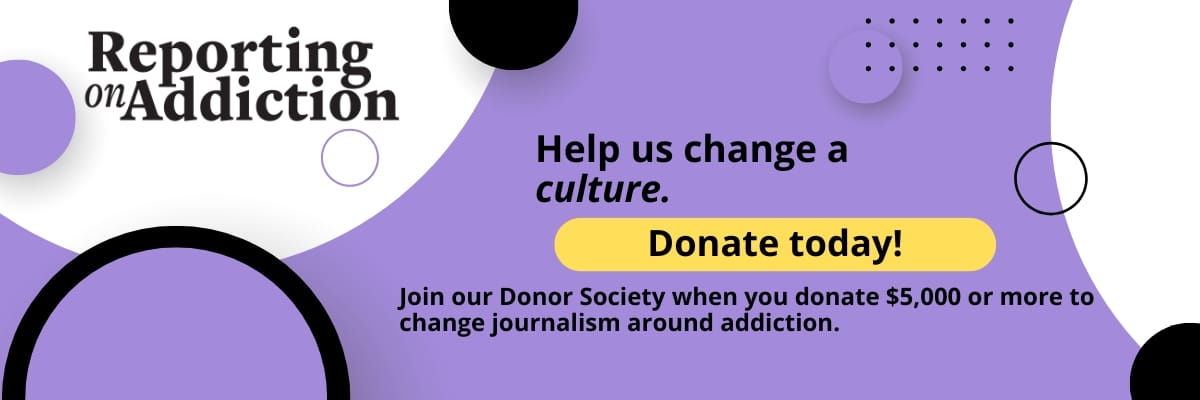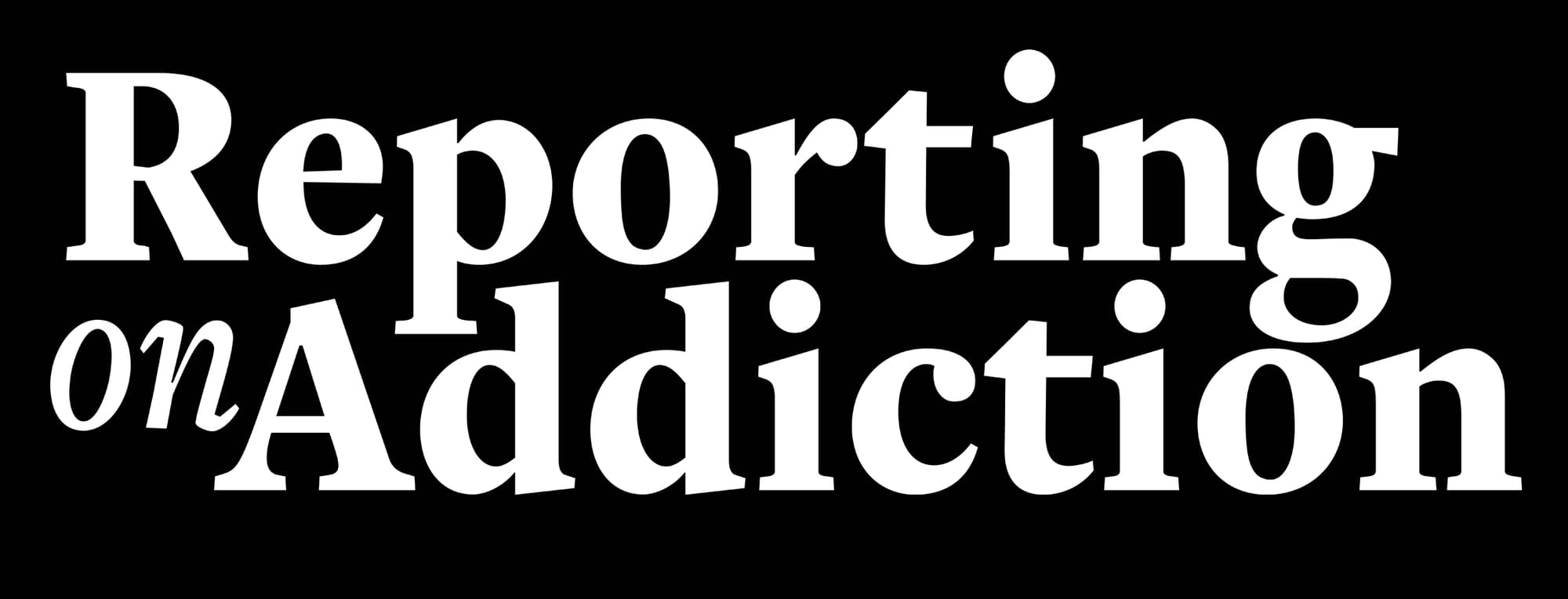NEW RESOURCE: Contingency Management

September is National Recovery Month, and we are excited to share our latest set of resources on contingency management (CM) to help improve your reporting this month, but also year-round!
Contingency management (CM) is a behavioral intervention for substance use disorders (SUD) that offers an alternative means to achieve pleasure or relief, but only when a person engages in behaviors other than using a drug they are trying to stop or reduce using. CM is flexible and effective. It helps reduce issues across different addictions. Recently, some states have moved to use Medicaid to cover CM programs, but with federal cuts coming, access to this treatment could become more pressing for you to cover in your community.
Here are some resources to help:
Contingency Management Brief for Journalists
CM is broadly viewed as an effective treatment of SUDs but community access is not without challenges, including stigma. We created an issue brief on the topic to help deepen your reporting about this treatment:
People wrongly consider CM as simply “paying people to not use drugs.” You might hear people say, “that is what they should be doing anyway.” While this sentiment is understandable, it's also wrong. As journalists, we must do a better job helping people understand evidence-based treatment like CM to reduce barriers to evidence-based care.
Framing SUDs as a moral failing (i.e., paying people to do the “right thing” by paying them to not use drugs), rather than the complex medical-social-behavioral condition that it is, perpetuates stigma and discrimination against people who use drugs. This creates barriers to care and contributes to drug related morbidity and mortality (disease and death). But even if CM was just paying people to not use drugs, it is a cost-effective intervention when implemented correctly – and gets more cost-effective with larger incentives.
Contingency Management in the Headlines
As we work to shift news coverage from problem-focused to solutions-focused, we know the importance of helping journalists understand solutions they might be less familiar with like contingency management.

Experts have noticed that addiction treatments that use medication and behavioral therapies, like CM, are often covered with skepticism in the media. For example, this NPR article illustrates the “both-sides” trap common when talking about contingency management.
We understand the challenges of news reporting and the lack of control many reporters have over headlines on their stories. In this instance, the article was originally published in Tradeoffs and had a different headline that more strongly asserts that contingency management works.

What stands out (besides the difference in headlines for the same story) is how other scientific topics, like vaccines and climate change, that also have “controversies” - some real, some imagined - are represented in headlines. The media now rarely covers those established scientific concepts with the same degree of skepticism. That’s not to say we shouldn’t be open to new information, but we also can’t ignore the harms that come from headlines like this. The “both-sides” approach common in coverage about addiction does a disservice to the audience and the science.

So, what can journalists do?
We first have to acknowledge that how we frame addiction matters.
A quick rule of thumb, asking yourself, "Am I covering this how I cover other medical/science topics?" can help avoid a lot of issues in the headline, images, captions, and text. In our examples above, it’s clear that this framing isn’t always brought to addiction coverage. It's worth revisiting your coverage with this lens to correct for harmful bias.
Here’s a headline example from the Boston Globe:
Read more of our contingency management headline analysis here, which includes some alternative headline ideas that avoid “both-sidesism.” And reach out if you’re looking for experts that can talk more about how CM or other treatments work.


